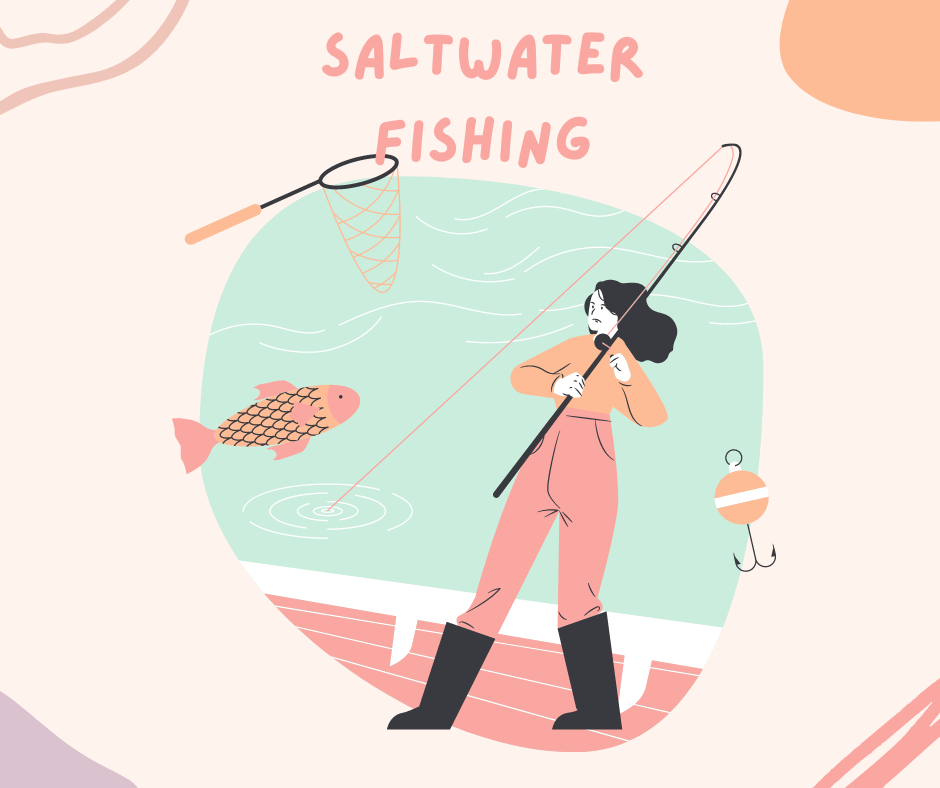
SUCCESSFUL SALTWATER FISHING GALVESTON Texas-FINDING A GOOD FISHING SPOT🎯
Successful saltwater fishing Galveston Texas is best in water that provides good fish habitat: food, oxygen, water, shelter, and space.
FOOD
Food sources for saltwater fish vary for different species of fish. Food can include plants, plankton, insects and insect larvae, smaller fish, and shrimp. Learn about the particular food favored by different fish on my blog, a Successful Saltwater Fishing in Galveston Texas-Part 3 (mygalvestonrealtor.com) and different fish species on my blog, successful Galveston saltwater fishing-Part 4 (mygalvestonrealtor.com).
OXYGEN
Oxygen levels in the water will vary with the water temperature, water movement, and with the amount of algae present. In summer, when water temperatures are high and flow low; algal blooms can case oxygen levels to drop at night, causing fish kill. Oxygen levels increase when water moves over a water fall or riffles.
WATER
Water quality is important. It is sometimes difficult to determine by looking. If the water is muddy, light can’t penetrate, and many fish can not find food. On the other hand, catfish thrive in water that Is not clear because they can find their food by smell. Also, particles in the water protect a catfish’s skin from being sunburned.
“Clean” looking water can have harmful chemicals, too much or too little salt, too much acid, or basic. A healhy ecosystem helps maintain a good balance of nutrients and chemical composition to make an ideal environment for fish.
SHELTER
All fish need “structure”, rocks, stumps, aquatic plants, and piers to provide cover and hide from predators or wait for their prey. In saltwater, fish deal with currents and tides. Near the shoreline, find a spot down-current from structures, jetties, piers, and rocks, where fish are somewhat protected and can catch food passing by. In bays and other shallow areas, seagrass meadows provide good cover for small fish, crabs, and shrimp. These organisms attract larger predatory fish like spotted seatrout and red drum.
SPACE
Fish, like people can’t handle beng too crowded. Good fish habitat has enough space to provide an arrangement of structure for protection and rest, not only for them, but their prey also.
Checkout this YouTube video for finding new saltwater fishing spots, How to find BEST Spots for Saltwater Fishing! – YouTube.
SUCCESSFUL SALTWATER FISHING GALVESTON TEXAS-HANDLING FISH👐🐟
Properly handling fish protects you and the fish. Different species of fish need to be handled differently. Some fish have sharp fins or teeth that can cut you if you don’t handle them correctly. Hold some fish by the jaw, such as trout, and others along the body like catfish. Learn by watching an experienced angler and remember to keep these rules in mind:
- Always wet your hands first before handling fish. Wet hands are less likely to damage the protective coating of mucous on the outside of the fish. This slimy layer protects the fish’s skin from disease and makes it glide easily through the water.
- Don’t allow fish to flop around on the bank, the dock, or the floor of the boat. Put the fish in a bucket of cool water or on ice in a cooler.
- If you are not keeping the fish, take the fish off the hook as soon as possible and gently lower the fish into the water until it begins to swim away. If the fish really isn’t ready to swim, you may need to slowly swish it in the water first. Remember no fish is a “junk fish” or a “trash fish”. All fish play an important role in the aquatic ecosystem.
- If you are not keeping the fish, using a barbless hook can make it easier to take the fish off the hook.
SUCCESSFUL SALTWATER FISHING GALVESTON TEXAS-FISHING REGULATIONS🎣
Fishing regulations can be found in the Texas Parks and Wildlife Outdoor Annual which is free to everyone purchasing a fishing or hunting license. These regulations are also available online at www.tpwd.texas.gov/regulations.
- Regulations help assure that certain fish or certain areas will not be overfished.
- Some regulations protect certain sizes of fish, allowing for better fish reproduction.
- Regulations protect the rights of all anglers as well as the rights of landowners.
